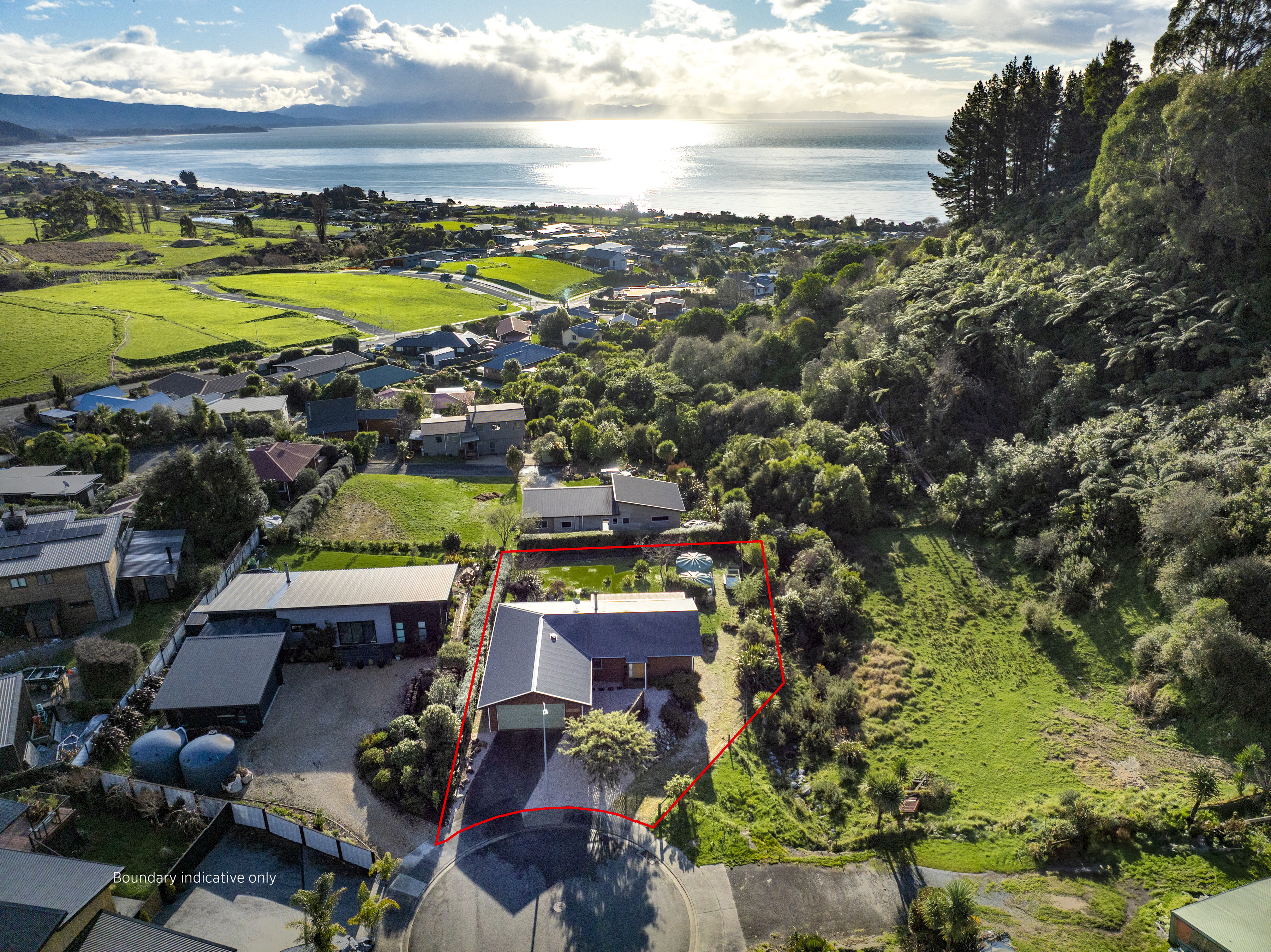Economists at Westpac bank have once again revised their forecast of New Zealand house prices for the rest of the year, predicting an increase of 3.5 per cent from March through to the end of the year.
From a pessimistic 7 percent decline forecast when Covid-19 first hit the country, the seasonally adjusted data on house price rises of 2.6 per cent between March and August has caused the bank to revise its price forecast.
It is sticking to its 8 percent annual increase forecast for 2021.
Start your property search
Westpac chief economist Dominick Stephens puts that down to both interest rate decline and a New Zealand economy that was less damaged than first predicted at the start of lockdown, and says the bank was “stunned”.
“We didn’t forecast the power and extent of the interest rate decline [on housing], and the economy didn’t decline as much. It was severe, but was a lot less severe than forecast.
“We had expected that economic losses and rising unemployment would dent the housing market. And they did – there was a dip in house prices during Alert Level 4, and prices have probably been weaker than they otherwise would have been. But the surprising resilience of the economy has meant less of an impact on house prices than anticipated,” he says.
“We were stunned when we saw that, outside of activities related to international travel, the economy quickly rebounded after the first lockdown,” adding that the second lock down data are showing the same pattern of a hit and then fast snap-back to previous levels. Their forecast is now for just 0.6 percent decline in GDP from March to December this year, well up on its original 3.6 per cent forecast.

Dominick Stephens, Westpac's chief economist, says that interest rates play an even more powerful role in determining house prices than previously appreciated. Photo / File
Stephens says that the bank’s forecast for unemployment in 2020 peaks at 7 per cent, lower than its first forecast of 9.5 percent and its forecast for annual house price inflation is 6.2 per cent.
The price increase is also driven, not by an imbalance of housing supply and demand but by a rush to assets as low interest rates push savers out of bank deposits and into assets like investment housing and shares.
Low mortgage rates also make large mortgages more affordable for owner occupiers, allowing them to bid more for houses.
Stephens says that New Zealand’s system of taxing income but not capital gains, tends to exaggerate the attractiveness of land-based assets even further when interest rates fall.
He says forecasters are learning that, unlike in previous recessions, rising unemployment does not necessarily lead to falling house prices if interest rates have not gone up.
“This unusual feature of the current recession may be teaching us that interest rates play an even more powerful role in determining house prices than previously appreciated.”
Looking longer term, Stephens says that only if the economy over-heats, driving up inflation then the Reserve Bank could increase interest rates and the cycle will reverse as investors put money back into bank deposits, not housing. Right now, however, that’s a long way off as RVNZ signal a decline in rates and a negative OCR.
“We’re pencilling in a period of declining house prices from 2024, but such long-range forecasts are subject to extreme uncertainty.
“So, the timing is perhaps less important than the principle - when interest rates rise, house prices will fall.”









































































